About ringing
Ringing generates information on the survival, productivity and movements of birds, helping us to understand why populations are changing.
The British and Irish Ringing Scheme is organised by the BTO. Over 900,000 birds are ringed in Britain and Ireland each year by over 2,600 trained ringers, most of whom are volunteers. You can help by reporting any ringed bird you find. The annual report on bird ringing is published in the Ringing Scheme journal Ringing & Migration.
Ringing birds is essential if we are to learn about how long they live and when and where they move, questions that are vital for bird conservation. Placing a lightweight, uniquely numbered, metal ring around a bird’s leg provides a reliable and harmless method of identifying birds as individuals.
Although we have been ringing birds in Britain and Ireland for over 100 years, we are still discovering new facts about migration routes and wintering areas. However, the main focus of the Ringing Scheme today is monitoring bird populations.
Ringing allows us to study how many young birds leave the nest and survive to become adults, as well as how many adults survive the stresses of breeding, migration and severe weather. Changes in survival rates and other aspects of birds’ biology help us to understand the causes of population declines. Such information is so important for conservation that the BTO runs two special projects to collect it:
The Constant Effort Sites (CES) scheme provides information on population size, breeding success and survival of bird species living in scrub and wetland habitats.
The Retrapping Adults for Survival (RAS) project gathers survival data for a wide range of species, particularly those of current conservation concern.
- If you would like to help, please look out for ringed birds and report them to us, consider training to become a ringer.
Funding
The Ringing Scheme is funded by a partnership of the BTO and the JNCC on behalf of the statutory nature conservation bodies (Natural England, Natural Resources Wales, NatureScot and the Department of Agriculture, Environment and Rural Affairs, Northern Ireland). Ringing is also funded by The National Parks and Wildlife Service (Ireland) and the ringers themselves.
Buying rings and other ringing equipment >
- Please visit the BTO Ringing Sales Shop to purchase all rings and other ringing equipment.

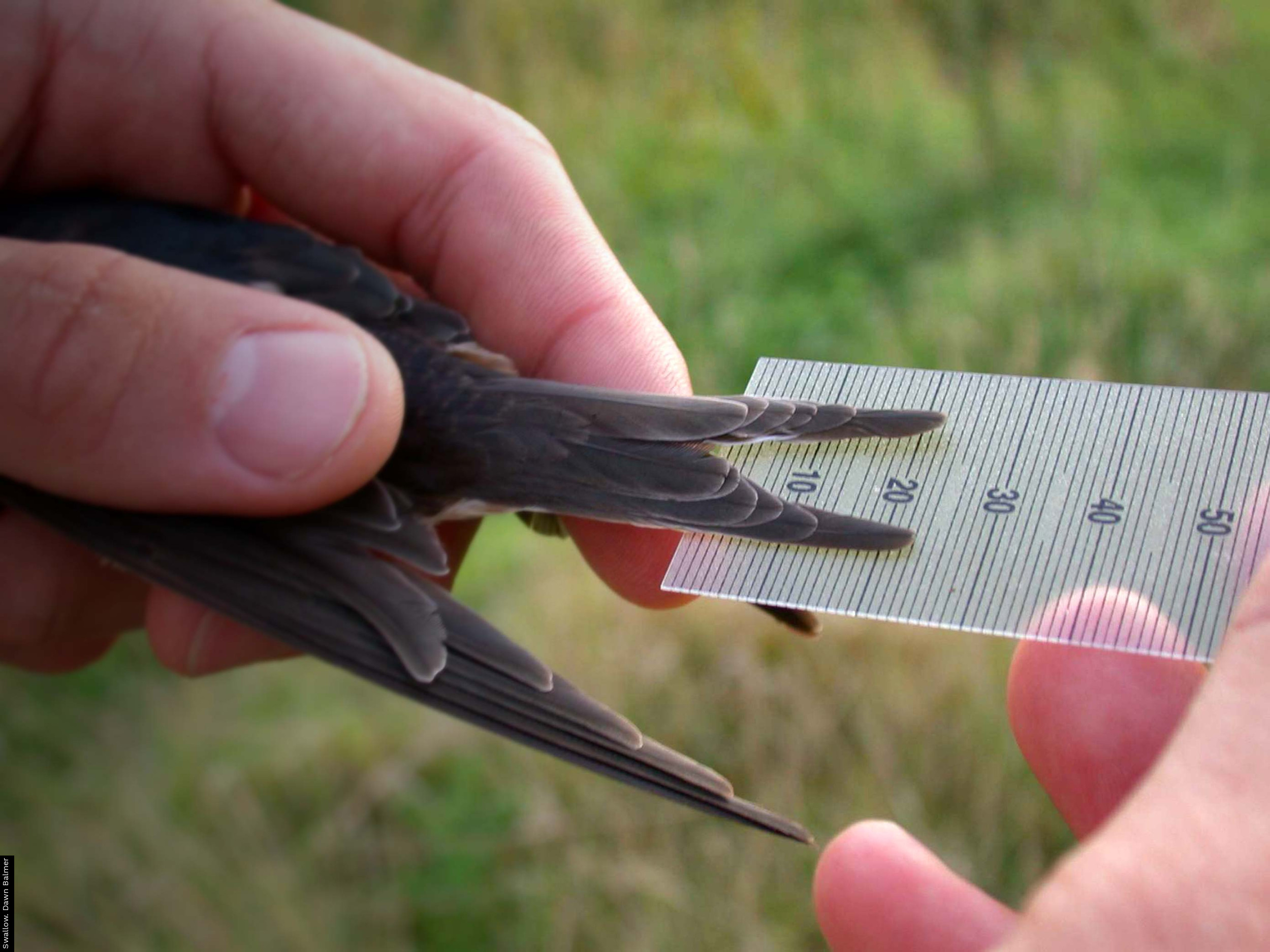
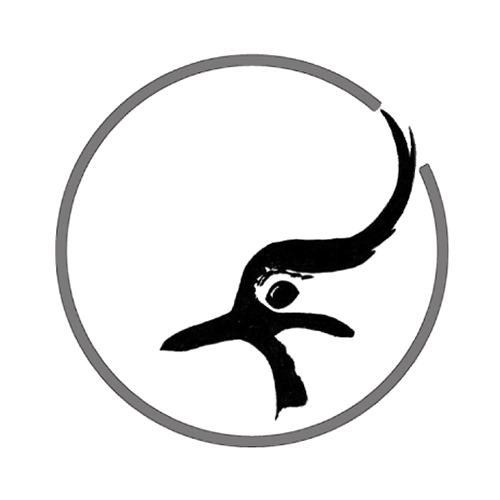
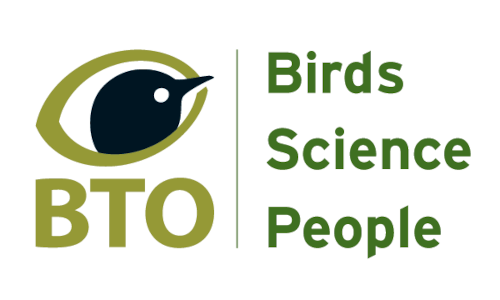


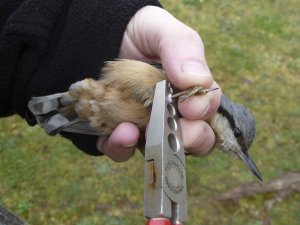
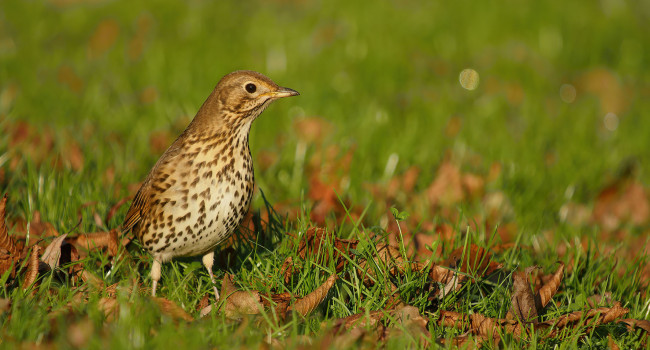
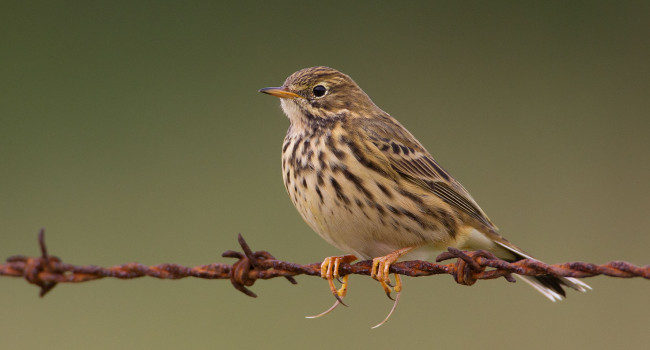
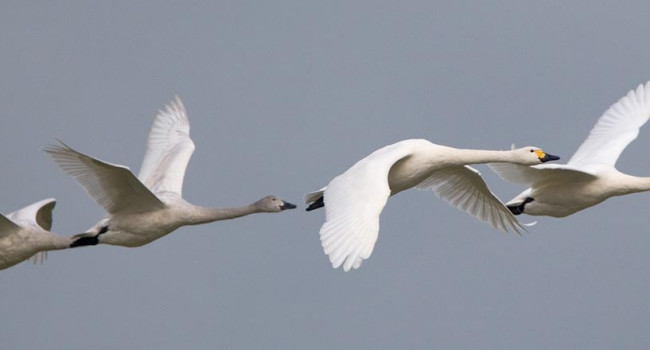

Share this page